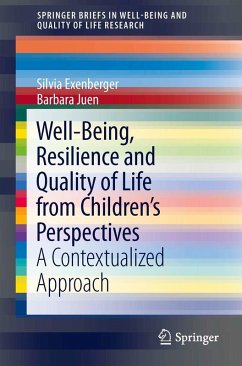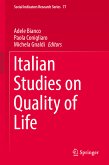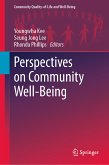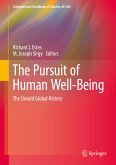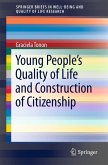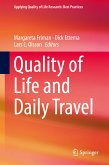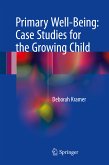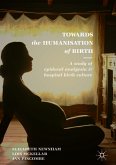This book explores the broad view on child well-being and the quality of life research. It starts with a discussion of the origin of the social indicator movement and a review of literature on the concepts of quality of life, (subjective) well-being and resilience. It then discusses the force of culture on child development, and shows how two prototypical environments favor either the independent or interdependent self-model. After an exploration of the shifts and changes in the child well-being indicator movement and trends of child well-being measurements, the book turns to research on Tsunami-affected children. The first part of the study gives these children and their caregivers a voice, formulating in their words what constitutes child well-being for them in the given circumstances. The concepts provided are processed in detail, contrasted, and then made into indicators. The second part of the study describes the introduction of a child well-being index based on these indicators. The book ends with four main conclusions reflected in a theoretical model of contextualized child well-being indicators.
Dieser Download kann aus rechtlichen Gründen nur mit Rechnungsadresse in A, B, BG, CY, CZ, D, DK, EW, E, FIN, F, GR, HR, H, IRL, I, LT, L, LR, M, NL, PL, P, R, S, SLO, SK ausgeliefert werden.

